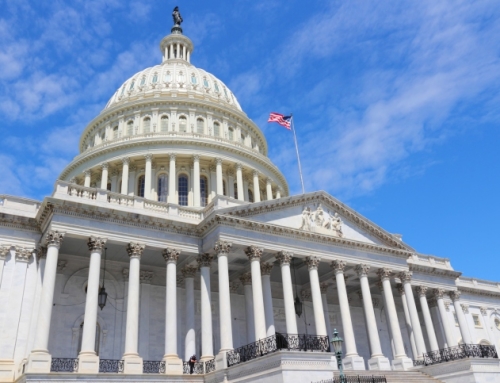A federal judge rejected a proposed $12.25 million settlement in ride-sharing firm Lyft’s case where California drivers claim misclassification as independent contractors, according to court records.
Lawyers for the plaintiffs and defendant Lyft agreed on the settlement in January. Lyft would pay $12.25 million. Drivers would remain independent contractors, but the settlement would have provided them with additional rights under Lyft’s driver contract. For example, drivers could not be terminated at will; Lyft could only drop them for breach of contract. It would have also provided an appeals process for terminations.
However, Judge Vince Chhabria wrote the settlement was too low given the “modest” changes to driver treatment, according to a court filing from Thursday.
Chhabria didn’t close the door on leaving Lyft drivers as independent contractors under a possible new settlement deal. But he indicated drivers would need to receive much more in compensation for the deal to be reasonable. Attorneys would also have to better calculate California Private Attorney General Act amounts to be paid by Lyft, and full-time drivers would need a larger cut of the settlement than part-timers given they have a better claim to being employees.
Compensation for Drivers
A sticking point for the court was money that drivers would receive. The majority of the proposed $12.25 million settlement was based on drivers’ claims for mileage reimbursement, but the judge found the amount fell far short of what drivers might be owed if the case went to trial.
Plaintiffs’ attorneys calculated that drivers would receive a maximum possible reimbursement of $64 million if they won their case outright based. They calculated the amount based on the IRS reimbursement rate multiplied by number of miles driven in California from Lyft’s beginning in May 2012 through June 2015. Adding overtime pay, other claims and California Private Attorney General Act possible penalties, the plaintiff’s attorneys calculated a maximum possible payout by Lyft of $70.58 million if the drivers went to trial and won the case. They then reduced this to the $12.25 million requested in the settlement citing a variety of risks that drivers would face if they went to trial.
However, Chhabria wrote the period for calculating claims actually goes past June 2015, and by Feb. 14, 2016, Lyft showed that its California driver had logged many more miles. Taking the new miles into account would raise the possible reimbursement to $126 million.
The $12.25 million represents 8.82% of the potential $126 million reimbursement costs plus other claims. To make the settlement reasonable, the amount would need to represent 17% of the possible mileage reimbursement, the judge wrote.
Changes Not Enough
Chhabria also wrote it’s unclear how big an impact the other changes in the settlement’s proposed driver contract will make.
“Although Lyft could no longer terminate drivers at will, the list of ways a driver can breach the proposed contract is quite long, and it’s not clear that Lyft has ever terminated a driver in the past for a reason not listed in the newly proposed contract,” Chhabria wrote. “On the other hand, one potentially significant change is that under the proposed contract (in contrast to the current contract), Lyft may not terminate drivers for declining ride requests while they are signed in to the platform.”
The changes also formalize an appeals process, but the judge noted appeals are already available informally by drivers emailing the company with their side of the story in order to stop a termination.
The Teamsters union had weighed in on the case for drivers being employees, but Chhabria did not assign much weight to those claims.
“These are good arguments, but they are mostly policy arguments best directed to the legislative or executive branches,” the judge wrote. “The court’s job is not to decide whether it would be better for society if Lyft drivers were classified as employees.”
Other cases involving independent contractors in the gig economy continue to make their way through the courts. Ride-sharing platform Uber’s court battle is ongoing between it and independent contractor drivers who claim they should be employees.








